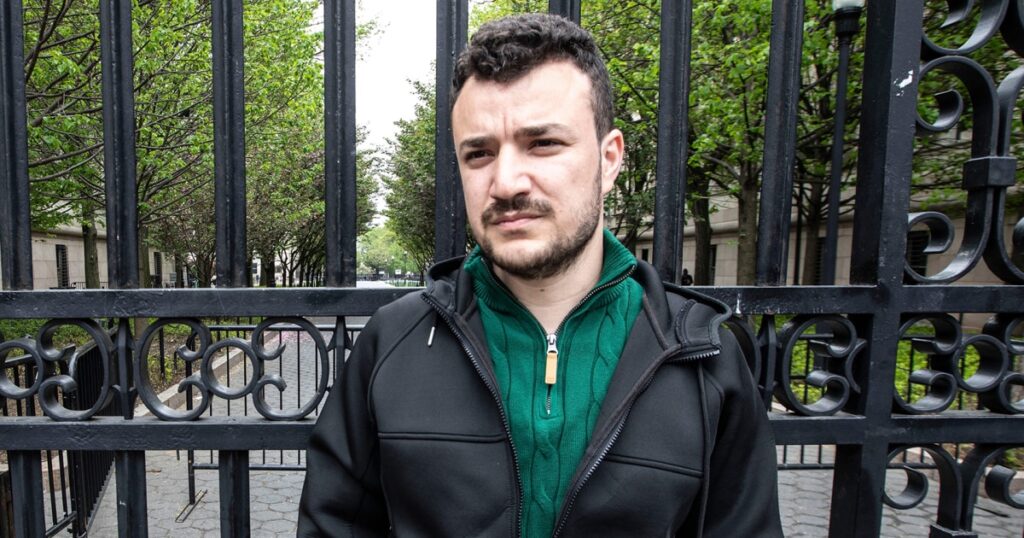Federal Court Challenges Trump Administration’s Immigration Policies Toward Palestinian Activists
On Wednesday, a federal judge in New Jersey issued a significant ruling questioning the constitutionality of the Trump administration’s approach to deporting Palestinian-American activist Mahmoud Khalil. While the court stopped short of ordering his immediate release, the decision signals a potential legal setback for the administration’s immigration enforcement tactics, especially those targeting individuals involved in political activism.
Legal Grounds Questioned: Vague Definitions and Unconstitutional Application
In a detailed opinion, U.S. District Judge Michael Farbiarz expressed skepticism about the legal basis used to justify Khalil’s detention. He indicated that the administration’s assertion that Khalil posed a threat to U.S. foreign policy was “unconstitutionally vague,” raising concerns about the clarity and fairness of the law invoked. The judge emphasized that the specific immigration provision cited by authorities-rarely used in such cases-was “unconstitutional as applied” to Khalil, particularly because Secretary of State Marco Rubio failed to demonstrate that Khalil’s actions had any tangible impact on U.S. relations with other nations.
Implications for Immigration Law and Policy
This ruling marks the first time a federal court has scrutinized the constitutionality of the Trump administration’s use of this particular immigration law. The decision could have broader repercussions, potentially limiting the government’s ability to detain non-citizens based solely on vague allegations related to foreign policy concerns. Judge Farbiarz also ordered the government to submit additional documentation as he considers whether to grant Khalil’s request for release and to prevent similar applications from being used against other activists who have expressed support for Gaza or criticized Israel.
Continued Detention and Political Context
Despite the court’s skepticism, Khalil remains in detention. His legal team criticized the ongoing confinement as an “affront to justice” and vowed to continue fighting for his freedom. The Department of Justice and the Department of Homeland Security did not immediately respond to requests for comment on the ruling.
Background: Khalil’s Arrest and Broader Political Climate
Mahmoud Khalil, a lawful permanent resident of the United States, was detained in March at his residence near Columbia University. His arrest was part of a broader crackdown by the Trump administration targeting international students and residents perceived as threats to U.S. foreign policy. Following his detention, Khalil was swiftly transferred from New York to a facility in New Jersey, and subsequently to an Immigration and Customs Enforcement (ICE) detention center in Jena, Louisiana, where he remains held pending further legal proceedings.
Official Statements and Reactions
Assistant Secretary of Homeland Security Tricia McLaughlin issued a statement asserting that the privilege of residing and studying in the U.S. should be revoked for individuals advocating violence or terrorism. Meanwhile, Khalil’s attorneys have presented evidence refuting allegations of antisemitism and denied any support for terrorist organizations like Hamas. They emphasize that Khalil has never endorsed violence or terrorism, and argue that his detention is unjustified.
Legal Precedents and Similar Cases
In recent weeks, courts have ordered the release of other Palestinian-American activists, including Mohsen Mahdawi, Rümeysa Öztürk, and Badar Khan Suri, as they challenge the government’s efforts to deport them. These cases highlight ongoing tensions between national security measures and constitutional protections for political expression and activism.
As the legal battle continues, Khalil’s case underscores the complex intersection of immigration law, national security, and First Amendment rights, raising questions about the limits of executive authority in detaining non-citizens based on political speech and perceived threats.

